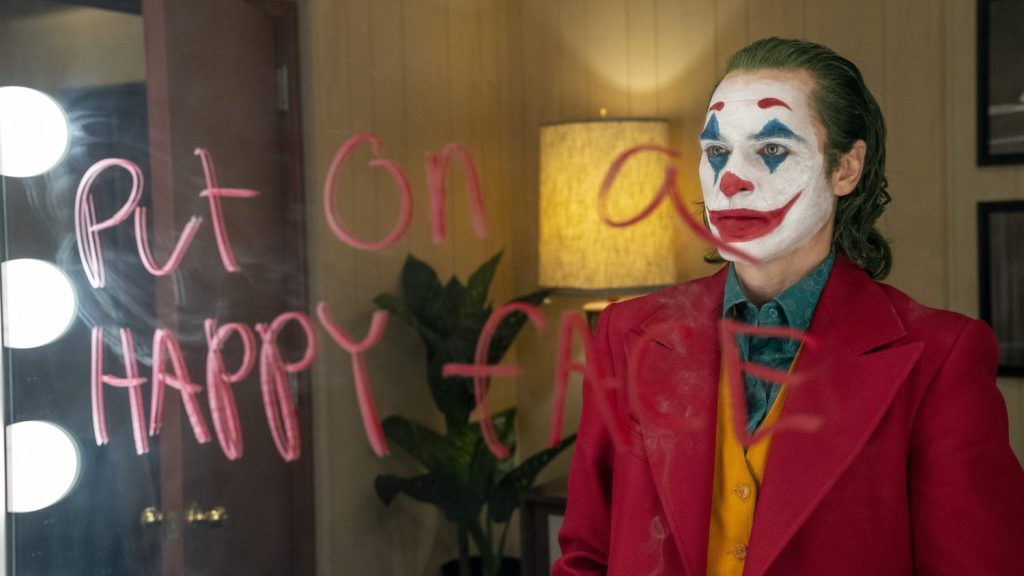Village Roadshow Entertainment hit Delaware court today after filing for Chapter 11 amid a sea of red ink, legal costs and debt that’s been ratcheting up financial pressure on the indie producer and financier.
A lawyer for the company told a judge at a hearing that the company is “open to all bids” for its primary asset, according Reuters, meaning a film library that throws off about $50 million a year in revenue. The library is coming to market with a so-called stalking horse offer of $365 million from Content Partners.
Attorney Justin Bernbrock said in court that his client’s longtime partner-turned-adversary Warner Bros. could also bid for film rights, as per Reuters. Most of Village Roadshow’s prize films, including The Matrix and Ocean’s franchises, were co-produced with Warner.
The two have been in costly mediation since 2022 when Village Roadshow filed a claim against Warner over its day-and-day streaming release of The Matrix Resurrections and its right to co-finance derivative works based on film library assets co-owned with WB. The tussle has cost it $18 million in legal fees, the company said in its Chapter 11 filing, and crippled its business. So did investments in its own studio projects that did not turn a profit.
Village Roadshow enters the bankruptcy process (along with about three dozen subsidiaries) with $163 million in senior debt.
A flurry of court filings since yesterday features a long list of 300+ creditors including Hollywood studios Warner Bros., Disney, Sony Pictures, Paramount Pictures and Netflix; indies Magnolia Pictures, New Regency and Adam Sandler’s Happy Madison TV; the MPA, DGA, WGA and SAG-AFTRA; insurance companies, AT&T, Dropbox, Fedex, and former CEO Steve Mosko, who left in January.
Late last year, the WGA West issued a stop-work order with Village Roadshow late on payments to writers working on film and TV projects. It Chapter 11 filing noted “significant liability has attached due to unpaid contracts” including with writers and consultants.

